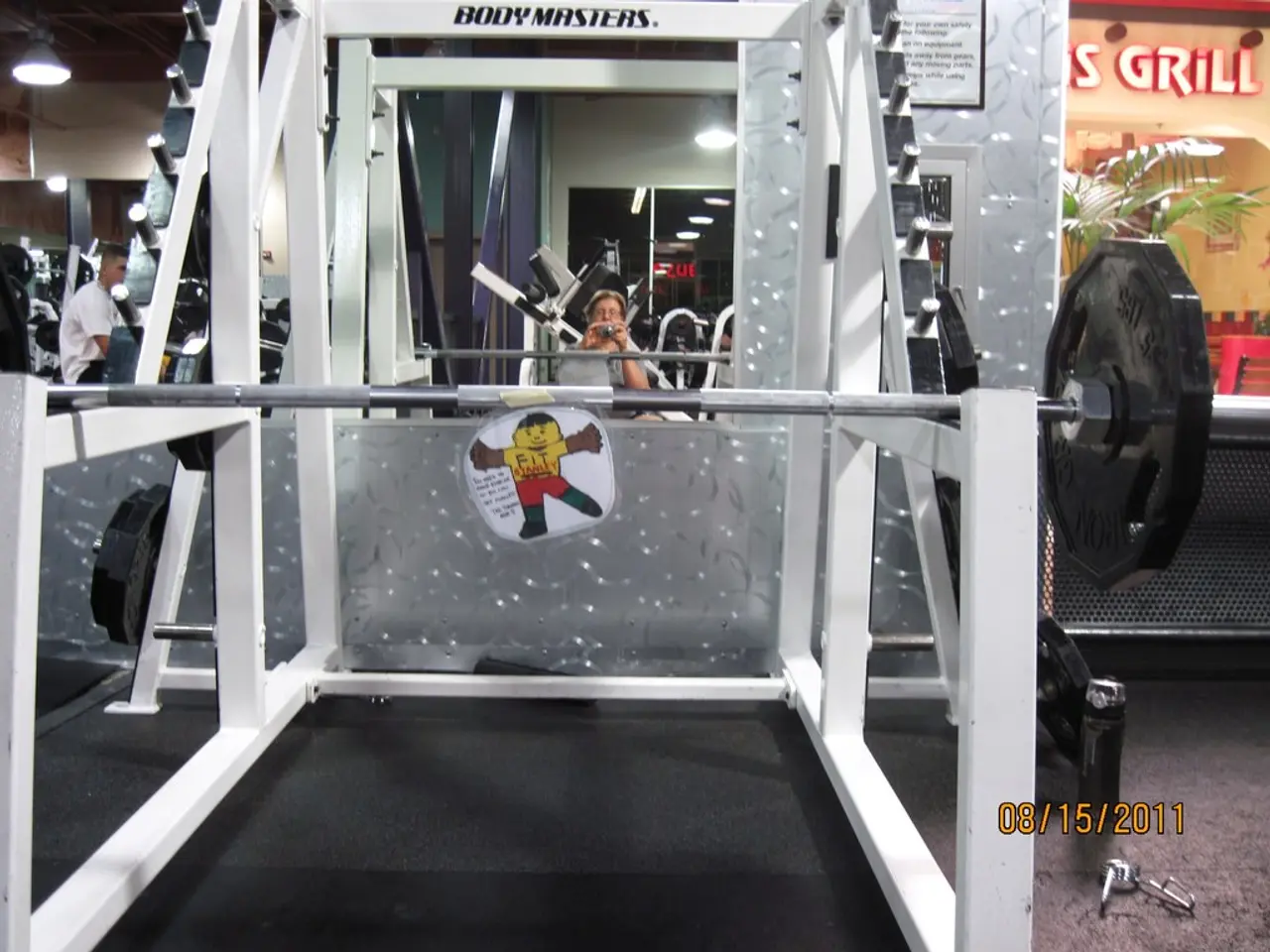Guide for selecting exercise that suits your character, ensuring consistency
In the pursuit of a healthier lifestyle, finding the right workout routine can be a challenge. However, understanding your personality traits can help you make informed choices that align with your preferences and increase the likelihood of long-term success. The Big Five personality traits - Extraversion, Neuroticism, Openness to Experience, Agreeableness, and Conscientiousness - offer a comprehensive way to describe how people tend to think, feel, and behave.
Extraverts, energetic, assertive, and sociable individuals, prefer stimulating, group, or high-intensity activities. Group fitness classes, team sports, bootcamps, or high-intensity interval training (HIIT) can cater to their social and energetic needs.
On the other hand, neurotic individuals, who tend toward emotional instability, anxiety, and moodiness, may prefer shorter, varied sessions (intervals), solo workouts, or options with low external monitoring, and activities that reduce anxiety, such as mindful movement, moderate cardio, or short HIIT.
Open individuals, imaginative, curious, and open to new ideas, thrive on variety and novelty. They may enjoy dance, rock climbing, martial arts, outdoor adventure, or varied class formats.
Agreeable people, cooperative, empathetic, and team-oriented, may find enjoyment in partner work, classes with strong social support, or community fitness activities.
Conscientious individuals, disciplined, responsible, and goal-oriented, are more likely to maintain consistent activity for health outcomes. They may prefer structured, measurable programs (plans, schedules, progress tracking).
By understanding these traits, you can make informed choices about your workout routine. For instance, if you're high in Extraversion, you might choose group fitness classes or team sports. If you're high in Neuroticism, you might opt for shorter, less supervised workouts or activities that reduce anxiety. If you're high in Openness, you might try new modalities regularly. If you're high in Agreeableness, you might join community programs or partner workouts. And if you're high in Conscientiousness, you might pick structured plans with clear goals and tracking.
Remember, these traits predict tendencies, not fixed destinies. Many people enjoy activities that don't match their dominant trait and can change preferences over time. It's also important to note that fitness gains occur regardless of personality, so prioritise safety and progressive overload while using personality as a guide for enjoyment and adherence rather than as a strict rule.
To get started, assess your Big Five profile using a validated questionnaire, such as a short online Big Five inventory. Then, pick workouts that map to your dominant traits and experiment for 2-4 weeks. For long-term adherence, combine trait-aligned features: social elements for extraverts, flexibility/privacy for higher neuroticism, novelty for open people, structure for conscientious people, and social support for agreeable people.
Embrace your personality and let it guide you towards a workout routine that suits you best, leading to increased motivation and consistent exercise.
Finding a suitable fitness-and-exercise routine that aligns with your health-and-wellness goals and lifestyle can be influenced by your Big Five personality traits. For example, extraverts might prefer group fitness classes or team sports, while neurotic individuals may prefer shorter, less supervised workouts or activities that reduce anxiety. On the other hand, open individuals might enjoy dance, rock climbing, martial arts, or varied class formats, while agreeable people may find enjoyment in partner work, classes with strong social support, or community fitness activities. Lastly, conscientious individuals might pick structured plans with clear goals and tracking for improved fitness-and-exercise adherence.




